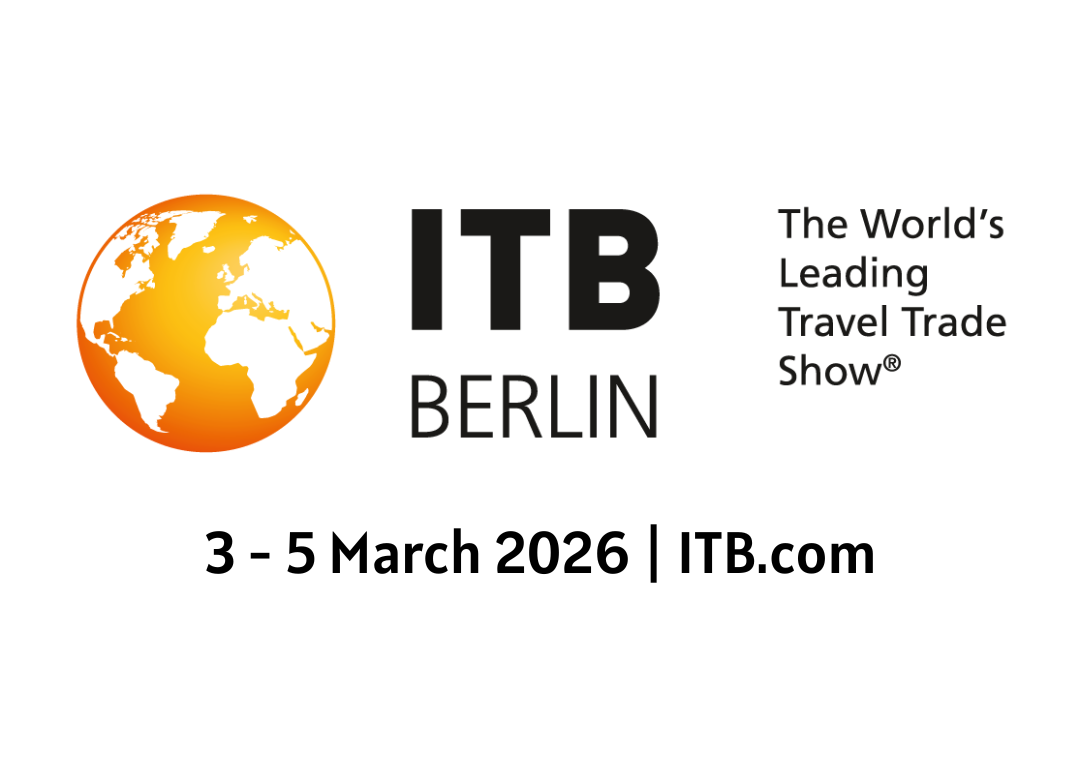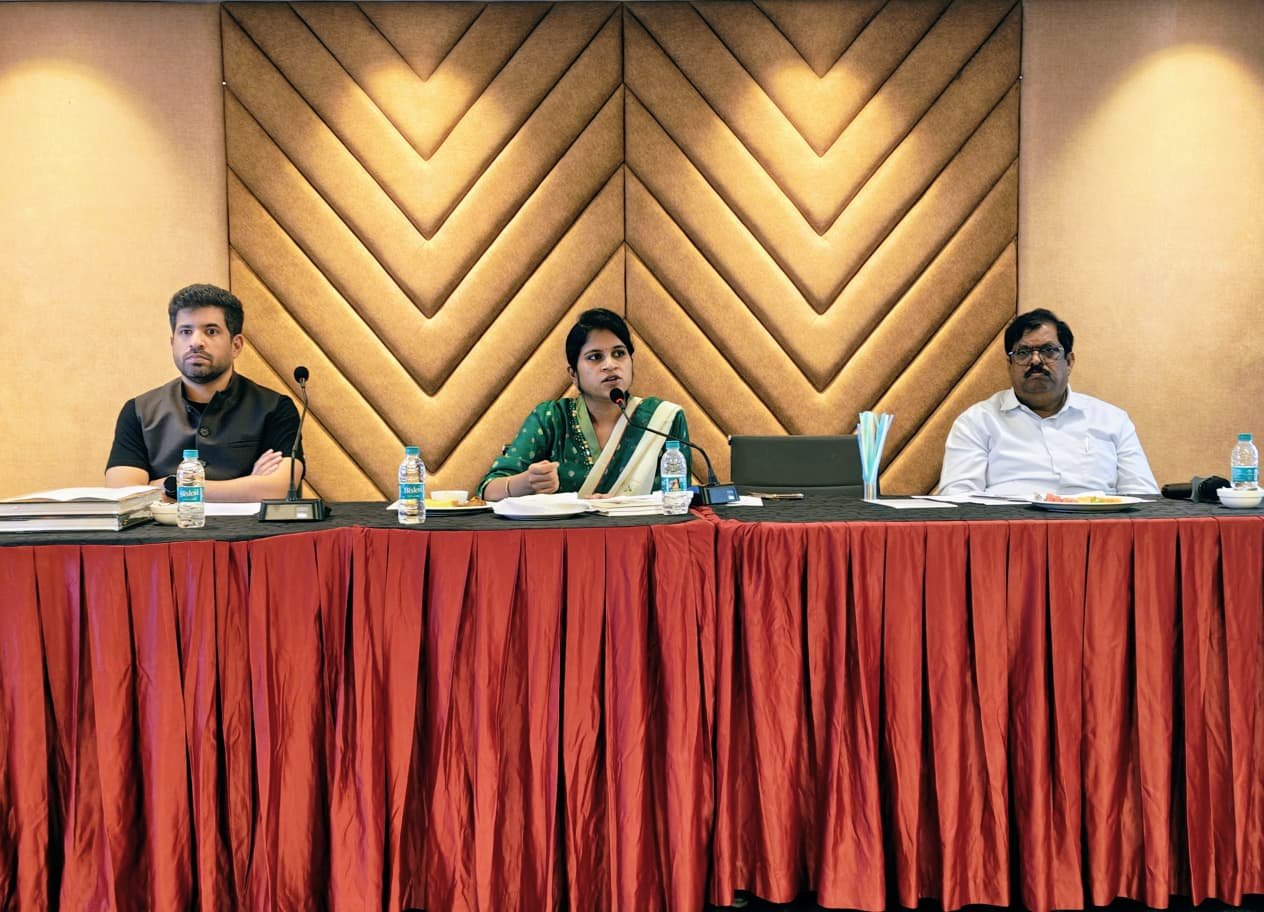Artificial Intelligence – these two words have taken over every existing field. Business, healthcare, finance, retail, education, entertainment, environmental conversation – you name it, AI has in some way affected it.

But what does this mean for the people who wake up, work hard and aim for success in their chosen field and career? People who are putting immense effort into their professions because they need to – because that’s how they will survive.
Recently came across a post on social media about a girl who lost her copywriting job because OpenAI’s ChatGPT is capable of performing the same activity at a faster and superior pace. Her task no longer needs to be executed and managed by a human because a sophisticated application has become her formidable foe.
This isn’t the first story of its kind and it most certainly won’t be the last.
ChatGPT has managed to raise accolades as well as conspiracies since its launch on November 30, 2022. Many have condemned this impregnable rise in technology but many have chosen to accept it and incorporated it in their jobs and daily lives.
One of the notably impacted fields has been that of customer service. AI has started to dominate call centres all around the globe with the idea of improving efficiency and handling routine queries. Where once a human answered every inquiry and concern during customer support, we now face a chatbot that tries to gauge the severity of our situation and then decides if it’s worth human intervention.
Some of the other influenced areas are advertising, journalism, education teachers and roles that entail creativity. AI is much faster and more competent at analyzing and interpreting data than any human and this puts it in the front seat to victory. People are already starting to experiment with new AI tools, media companies are using ChatGPT to their advantage and creating dozens of articles, exploring new creative ideas and evaluating different forms of themes. But that human touch – that human emotion – will still be missing.
Not everything can be automated – yet. The fiery streak of human judgement and passion makes a lot of difference.

Sam Altman, the CEO of OpenAI and founder of ChatGPT, said in an interview with Economic Times, ‘Some jobs are going to go away. But there will be new, better jobs that are difficult to imagine.’ And this should give people hope but as the population increases so rapidly, shouldn’t the increase of job opportunities be proportionally accelerating?
Another distinguishable area where AI has made its mark is in automating mundane, routine and repetitive tasks to perform them more efficiently and consistently than humans. Given that, AI is excellent at evaluating data and predicting outcomes, market research analysts – professionals who gather, analyze, and interpret data about a specific market and provide insights to guide businesses -may also be susceptible to AI’s growth.
Finance jobs also have a high chance of getting afflicted by AI, as well as assistants who are responsible for overseeing and operating large amounts of information.
But AI’s effects aren’t just limited to jobs, this upsurge comes with substantial dangers and repercussions.
Geoffrey Hinton, famously known as the godfather of artificial intelligence, quit his job at Google and has been vocal regarding his fear of AI technology getting out of hand. He passionately warns us about the dangers that come alongside collaborating with AI – one of his major concerns is that AI might become more intelligent than us and thus, much more destructive. AI’s use in the field of surveillance, data collection and analysis has raised concerns about privacy rights and security.
But regardless of what people believe, AI is here to thrive and prevail. While many employees face growing anxiety and apprehension, the best way to overcome this dilemma is to adapt and evolve with new technologies and upskill learning.
AI has started to reshape the job market, and we need to work in conjunction with new technologies and excel in an environment that we can no longer control. We need to accept this change and brace ourselves, developing our abilities to be in sync with the change.
But there are some things that AI cannot do like a human – AI doesn’t have our fiery passion, acute emotional intelligence, wild imagination, the ability to empathize, deep moral reasoning or that intuitive gut feeling.
And that’s where we win!








Leave a Reply